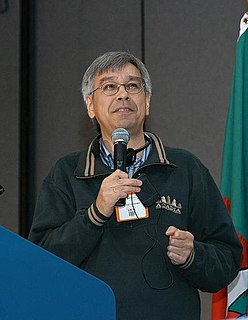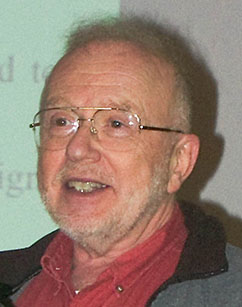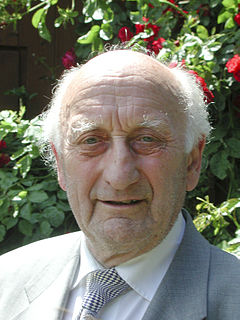A Quote by William Gibson
Why shouldn't we give our teachers a license to obtain software, all software, any software, for nothing? Does anyone demand a licensing fee, each time a child is taught the alphabet?
Related Quotes
I'm not of the opinion that all software will be open source software. There is certain software that fits a niche that is only useful to a particular company or person: for example, the software immediately behind a web site's user interface. But the vast majority of software is actually pretty generic.
I named my software 'EMAIL,' (a term never used before in the English language), and I even received the first U.S. Copyright for that software, officially recognizing me as The Inventor of Email, at a time when Copyright was the only way to recognize software inventions, since the U.S. Supreme Court was not recognizing software patents.
With software products, it is usual to find that the software has major `bugs' and does not work reliably for some users... The lay public, familiar with only a few incidents of software failure, may regard them as exceptions caused by exceptionally inept programmers. Those of us who are software professionals know better; the most competent programmers in the world cannot avoid such problems.



































